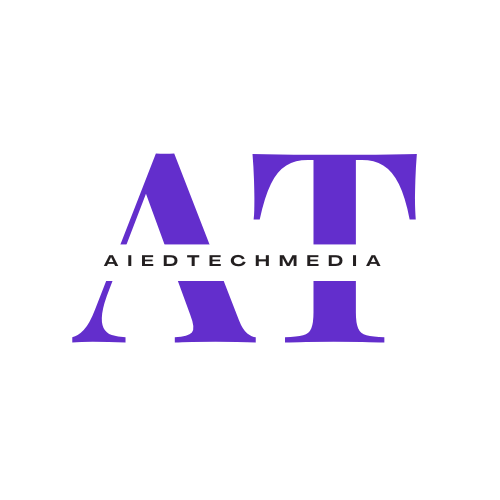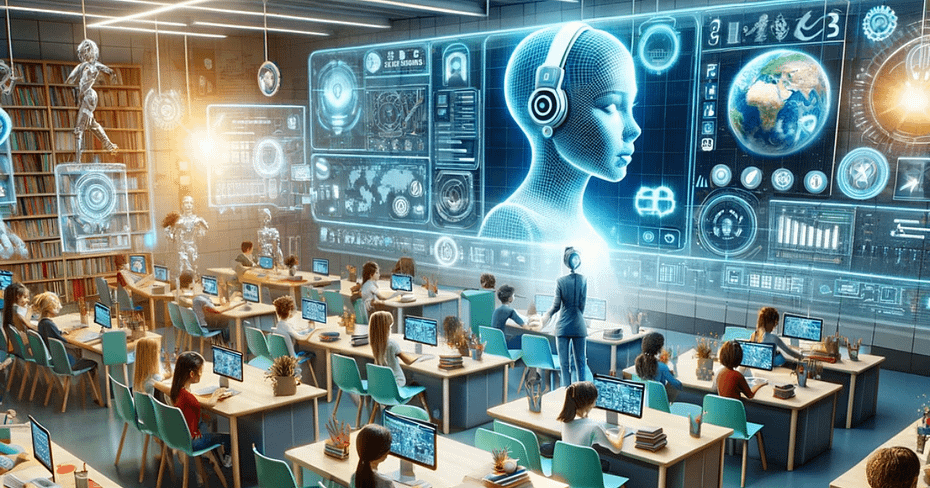In the digital age, education is undergoing a profound transformation, driven in part by the integration of artificial intelligence (AI) technologies. From personalized learning to adaptive assessments, AI is revolutionizing how students learn, educators teach, and institutions operate. Let’s explore how AI is reshaping the landscape of education:
1.Personalized Learning: AI-powered adaptive learning platforms analyze students’ strengths, weaknesses, and learning styles to deliver personalized learning experiences tailored to individual needs. By adjusting the pace, content, and format of instruction in real time, these platforms enable students to learn at their own pace and maximize their academic potential.
2. Intelligent Tutoring Systems: AI-driven tutoring systems provide students with personalized guidance and support, offering explanations, feedback, and remediation tailored to their individual learning needs. These systems leverage machine learning algorithms to adapt to students’ progress and comprehension levels, helping them master difficult concepts more effectively.
3. Data-driven Insights: AI analytics tools analyze vast amounts of educational data, including student performance metrics, engagement patterns, and learning outcomes, to provide educators with actionable insights for optimizing teaching strategies and curriculum design. By harnessing the power of data-driven decision-making, educators can identify areas for improvement, track student progress, and measure the effectiveness of interventions.
4. Automated Grading and Assessment: AI-powered grading systems automate the grading process for assignments, quizzes, and exams, saving educators time and enabling faster feedback to students. These systems leverage natural language processing (NLP) and machine learning algorithms to assess student responses, identify patterns, and provide constructive feedback, streamlining the assessment process and enhancing learning outcomes.
5.Virtual Classrooms and Remote Learning: AI technologies facilitate virtual classrooms and remote learning experiences, enabling educators to deliver engaging and interactive instruction to students regardless of their location. AI-powered tools such as chatbots, virtual assistants, and virtual reality (VR) simulations enhance student engagement, collaboration, and participation in online learning environments.
As AI continues to evolve, it’s essential to address ethical considerations, data privacy, and inclusivity to ensure that AI-powered educational technologies are deployed responsibly and equitably. By harnessing the transformative potential of AI to personalize learning experiences, support educators, and improve educational outcomes, we can unlock new opportunities for innovation and excellence in education.

